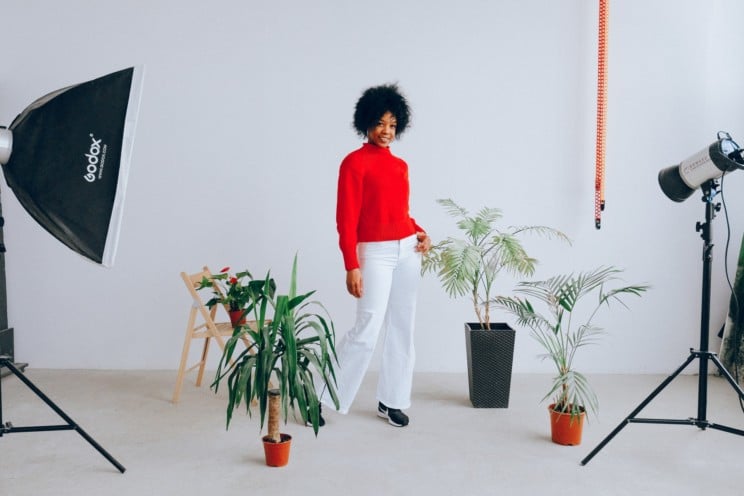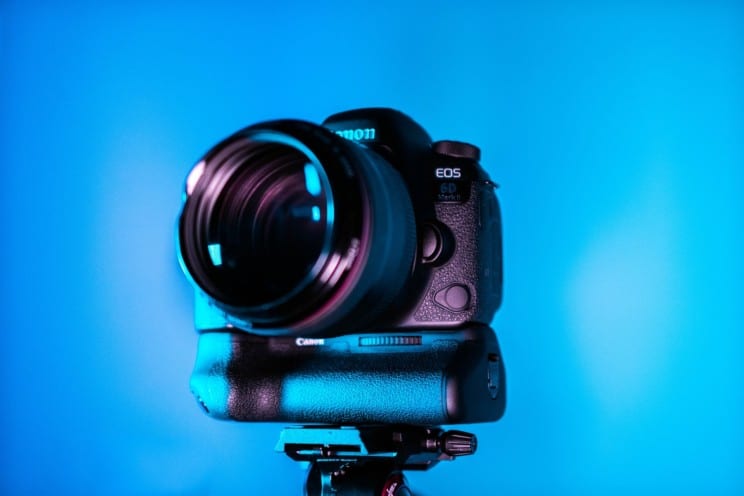
Accessories
Elevate your photography and videography with our expert reviews and guides on accessories. From tripods to lighting equipment, our team of professionals provide in-depth analysis on the latest accessories on the market. Whether you’re a professional or a hobbyist, NorthShots has the information you need to take your equipment to the next level.


